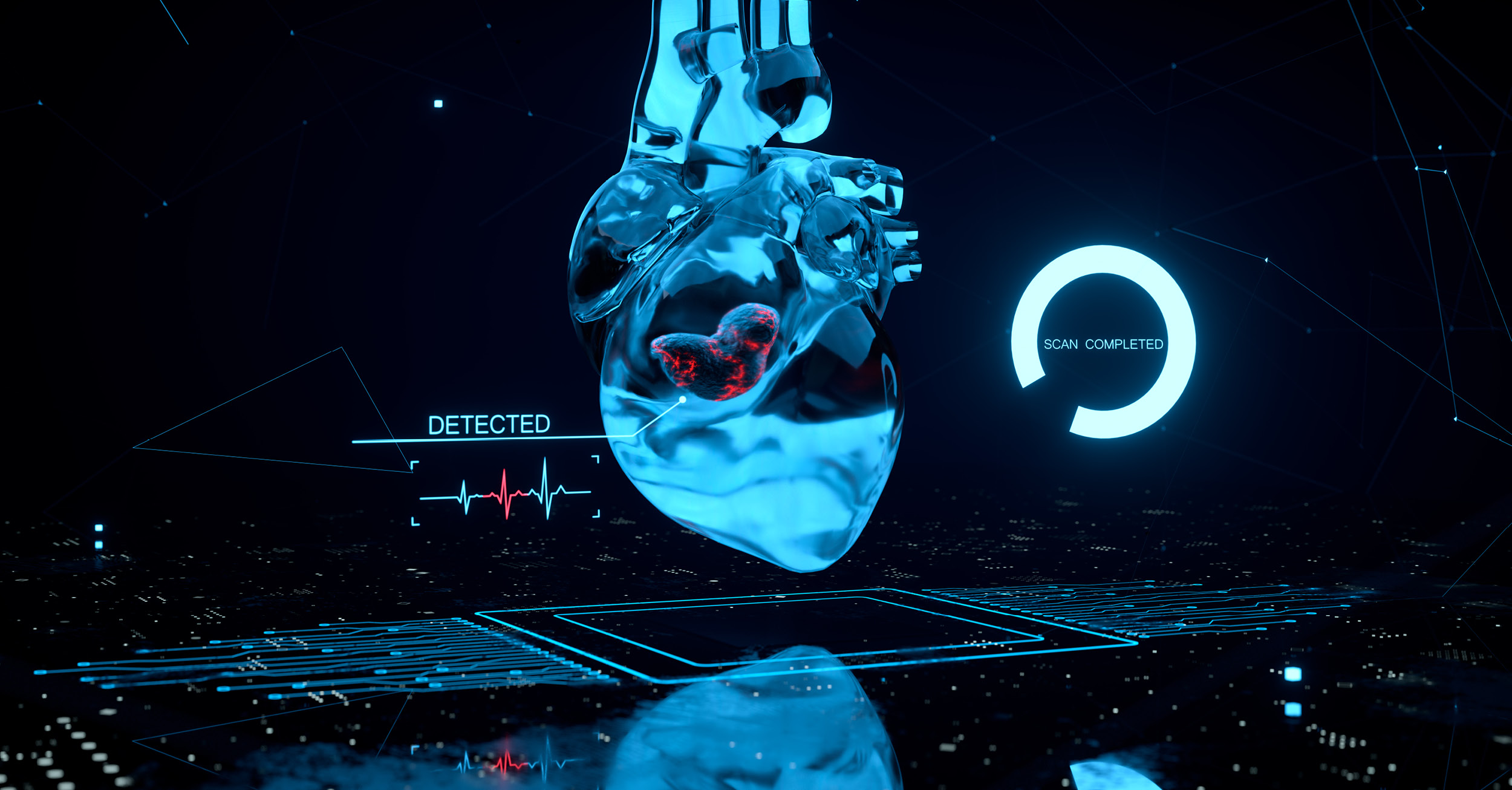
At doxy.me, we truly believe telehealth technology goes hand-in-hand with the future of healthcare. As such, we constantly keep our finger on the pulse of the healthcare landscape, especially on advances in medical technology. So, for American Heart Month, I compiled a list of the best technological advances being made in cardiac care.
Artificial Intelligence
Artificial Intelligence is making huge waves in the world of heart disease diagnosis. AI-based solutions are difficult to create, but once they have a sufficient sample of data, they can become incredibly refined tools for heart health diagnostics.
Existing examples include Anura, an app that measures things like blood pressure, stress index, and heart rate using a 30 second selfie. Also, this study done by University of Utah Health scientists examined the possibility of an AI predicting the onset of cardiovascular diseases by looking through a patient’s health records. The scientists believe their findings have greater implications for all types of diagnoses, though they only tested for cardiovascular diseases in this study.
As AI technology improves in the future, we can expect the uses to become broader, and the results to become more refined.
Remote monitoring
Remote patient monitoring allows patients to track their heart health over time without constant doctor visits. Items like smart watches have become very popular tools for tracking health statistics, but there is still plenty of potential for them to improve. This study shows just how valuable remote monitoring can be for providing scalable cardiovascular care.
Also check out the article I wrote earlier this month for more information on remote monitoring and telehealth for heart care.
Affordability
There are different types of innovation: some organizations are making disruptive innovations to heart health tech, like Ilara Health. They have made common diagnostic tools affordably available to millions of people in many countries across Africa.
As a trend, affordability applies to all of the other technologies listed in this article; the further into the future we look, the more accessible these technologies will become.
VR and AR
Virtual reality and augmented reality both have massive potential for education. However, what’s more amazing is the ability of VR/AR to help surgeons plan for complex congenital heart disease surgeries. “Virtual reality (VR) allows for interactive manipulation of high-resolution representations of patient-specific imaging data.” The interactive manipulation allows surgeons to run simulations of the surgery without having to actually work on the patient. The study above found that VR was a feasible solution with existing imaging data.
According to the CDC, only about 75% of babies with severe congenital heart defects survive until the age of one. If this technology improved these surgeries, it would combat a leading cause of neonatal deaths in the United States.
The future of health tech
The history of medicine includes massive advancements of all kinds. New procedures, new laws, and new technologies are all factors that lead to better patient outcomes. Policy makers, scientists, engineers, and doctors all push forward in pursuit of a healthier world for everyone. The advancements in heart health are just a small facet of the changes being made across the entire healthcare landscape.
At doxy.me, our little corner of the industry is telemedicine. We’ve made our bet on a future where patients of all kinds can see their providers and receive top quality care from anywhere. If you also believe in this vision, consider signing up for doxy.me for free today.